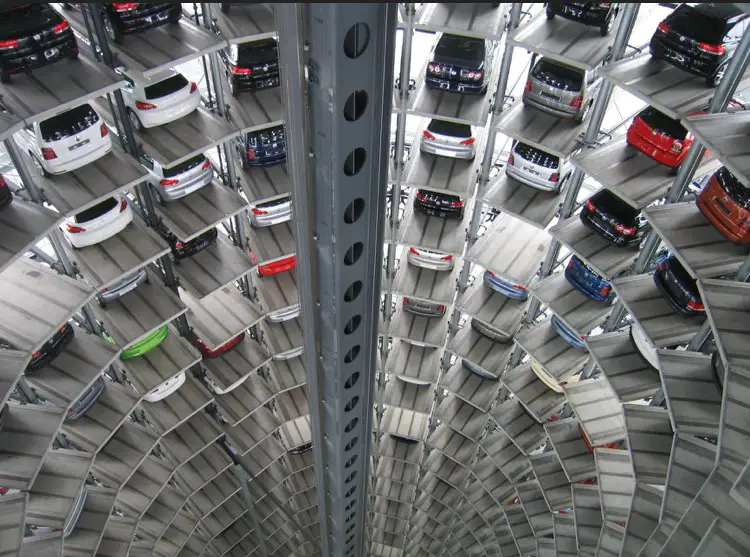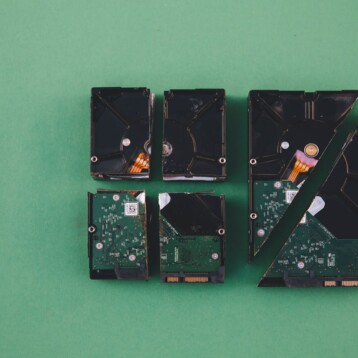Technology sets us apart and puts us at the forefront, and one industry that is definitely embracing automation and robotics readily is the motor industry. Technology has touched every aspect of motoring – from updates to the manufacturing process that produce much safer and more reliable vehicles to black box diagnostics being used to work out your motor insurance quote based on your driving style, and of course the unstoppable rise of driverless cars. We’re more accepting of being at the forefront of technical developments when it comes to motoring, and the gains keep coming…
Manufacturing Made Easy
The motoring industry has always been at the forefront of manufacturing innovation, from the world’s first assembly line pioneered in 1913 by Henry Ford to the ‘kanban’ system originated at Toyota that’s since spread to every industry. The march of the robots is well advanced here, from research into composite materials to CAD design technology refining aerodynamic challenges and robots to weld together chassis and sort parts. Consumer demands in efficiency, design and capacity have all led to massive technological leaps to solve the problems of motorist – and we now have such finely-tuned machines on the road with each new model ushering in a new technology like automatic parking, stop-start engine technology or in-car wifi.
Environmental Technology
With the rising tide of interest in eco-friendly lifestyles, it can be difficult to reconcile owning and operating a private vehicle with the environmental challenges we’re facing. And the automotive industry has been quick to investigate less damaging alternatives, as it turns away from reliance on fossil fuels. Advanced fuel efficiency technologies are as attractive for our wallets as they are for the planet and electric and hybrid cars are now becoming more commonplace, with technologies such as solar-powered charging hot on their heels. And improving efficiencies in the making of cars leads to less consumption of resources overall.
Safety First
Developing technologies have had a huge impact on the safety of our vehicles as well, and although there is still controversy over how safe driverless cars really are, innovations such as rear-park assist to alert us to obstacles, anti-lock braking systems to aid us in stopping safely and intelligent collision-avoidance software to avoid more accidents. Keeping us safe has become the mission of technology in the automotive sector, and even the simple task of booking your car in for auto repair is now done online.
Patterns of Mobility
An unexpected development in the market is leading consumers who have had their expectations raised by disruptive, Uber-style technology to even question the concept of private car ownership as it now stands. Many now prize flexibility above all else – from being able to commute quickly to work to taking a family road trip at the weekend – and have realized that they’d like their vehicle to be able to adapt to a multitude of needs. So the first ‘shared ownership’ car clubs are coming into force, where customers can order their most suitable vehicle to their doorstep for however long they need it via their smartphones. In large metropolises such as London, car ownership can actually be a burden due to congestion charges, traffic and a lack of space for parking places, so vehicle ownership is likely to become much more fluid and fragmented across different regions.











